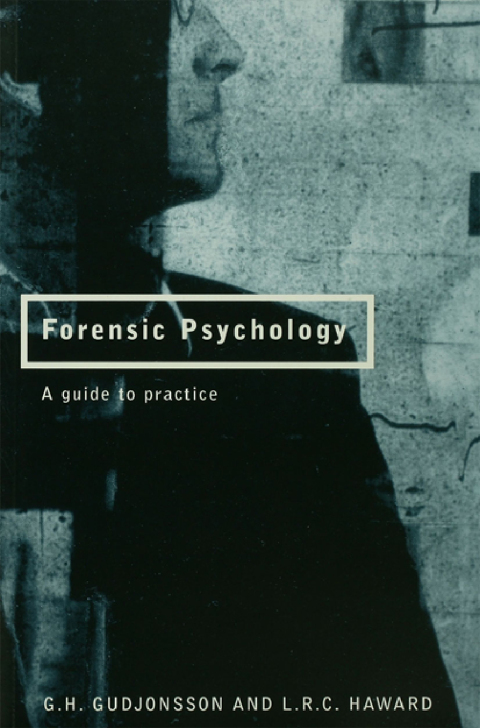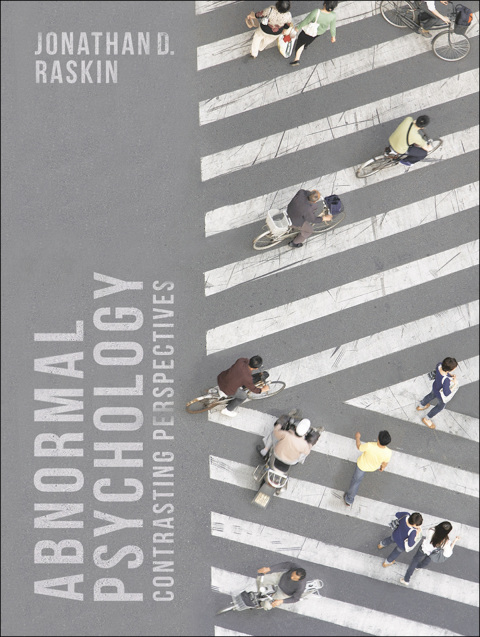Description
Efnisyfirlit
- Cover Page
- Half Title page
- Title Page
- Copyright Page
- Contents
- Preface
- Introduction
- A definition of forensic psychology
- A practical guide
- Historical Background
- Introduction
- Pre-Victorian developments
- Medicine and law
- Science and law
- Insanity and the law
- The Wild Beast Test
- Nineteenth-century developments
- Forensic science
- Leipzig: birthplace of forensic psychology
- Early-twentieth-century developments
- Contributions from French pedagogues
- American contributions to psychometric assessment
- The advent of group testing
- Forensic psychology in the armed services
- Postwar developments in the UK
- Hearsay problems
- Changes in forensic psychology practice
- The pornography phase
- The phase of investigative hypnosis
- Conclusions
- Surveys Into Psychological Evidence in Court
- Introduction
- Castell’s 1965 survey
- The 1984 BPS survey
- The 1995 BPS survey
- The Edmondson survey
- Conclusions
- Ethical and Professional Issues
- Introduction
- The BPS code of conduct
- American Psychological Association (APA) Ethics Code
- Notes, test material and documents
- The BPS Investigatory Committee
- Recent surveys into ethical dilemmas
- Contractual duties
- Confidentiality
- Roles and emotional conflicts
- Impartiality
- Biased evidence
- Eagerness to please
- Experts being asked to produce a modified report
- A multiplicity of ethical codes
- Professional liability
- Law of contract
- Law of tort
- Trespass
- Torts to third parties
- Defamation
- Negligence
- Defences in tort
- The best defence of all
- Crimes
- Conclusions
- The Roles of the Forensic Psychologist
- Introduction
- Clinical (assessment) role
- The experimental role
- The actuarial role
- The advisory role
- Psychological versus psychiatric evidence
- Conclusions
- Psychological Testing
- Introduction
- Concepts and principles of psychological testing
- The purpose of psychological tests
- Normative scores
- Mental age
- Reliability
- Validity
- Selection and use of tests
- Interpretation of test scores
- Client’s background history
- Mental state examination
- Co-Operation and Motivation
- Mental Alertness
- Orientation
- Attention and Concentration
- Depression and Anxiety
- Language Problems
- Reading Problems
- Cultural Factors
- Response Bias
- Malingering and ‘faking bad’
- Faking of Cognitive Deficits
- Faking of Amnesia
- Faking of Psychological and Psychiatric Symptoms
- Tests of competencies
- The control of psychological tests
- Conclusions
- Psycholinguistic Techniques
- Introduction
- Stylometry
- Linguistic applications by computer
- The Gunning FOG Index
- Corpus linguistics
- The Cusum plot
- Suicide note analysis
- Analysing auditory material
- The ESDA techniques
- Graphical analysis
- Statement Reality Analysis
- Formal Structure Analysis
- Criteria-Based Content Analysis (CBCA.)
- Conclusions
- Civil Cases
- Introduction
- Civil law
- Civil and criminal law: similarities and differences
- Probability in civil actions
- The judiciary’s view of statistical evidence
- Branches of civil law
- Law of contract
- Law of tort
- Post-traumatic stress disorder (PTSD)
- Family law
- Child Protection Checklist (See Bridge et al., 1990, For Details)
- Maritime law
- Mercantile law
- Law of equity
- Court of Protection
- Mental incompetency
- Assessing competence to handle own affairs
- Bespoke assessment
- Law of probate
- Coroner’s Court
- Suicide pacts
- Para-suicide
- Canon law
- Administrative law
- Administrative tribunals
- Mental Health Review Tribunals (MHRTs)
- Disciplinary tribunals
- General Medical Council
- Industrial tribunals
- Statutory inquiries
- Prospective statutory inquiries
- Retrospective statutory inquiries
- Homicide inquiries
- Accident inquiries
- Conclusions
- Criminal Cases
- Introduction
- Courts of criminal jurisdiction
- Criminal Cases Review Commission
- Stages in criminal proceedings
- Pretrial issues
- Trial issues
- Sentencing issues
- Probation orders
- Admissibility of expert evidence
- Profiling as expert evidence
- The case of Colin Stagg
- Disputed confessions
- Offenders’ attribution of blame for their crime
- Amnesia
- Recovered memories
- Conclusions
- The Assessment and the Testimony A psychological framework
- Introduction
- General advice
- The referral
- The assessment
- The report
- Pretrial preparation
- Attending court
- The testimony
- Conclusions
- Conclusions
- Forensic psychology in a nutshell
- Contemporary problems in forensic psychology practice
- The future of forensic psychology
- References
- Index







Reviews
There are no reviews yet.